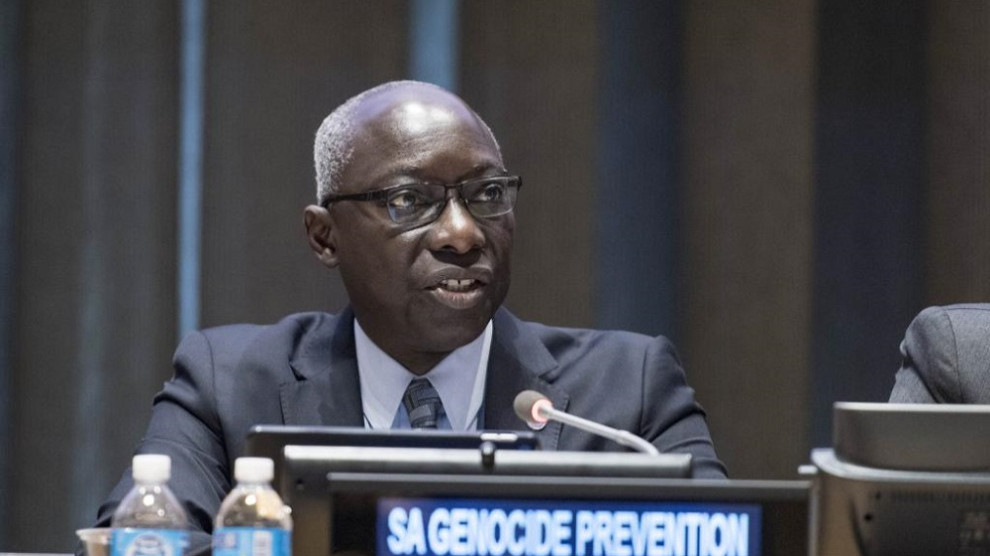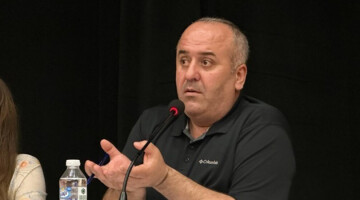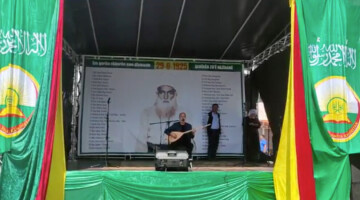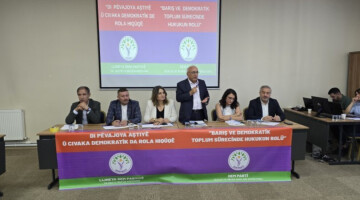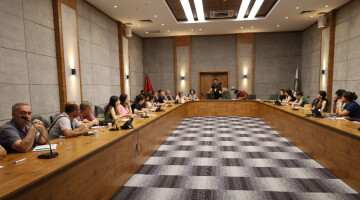In a joint statement United Nations Special Adviser on the Prevention of Genocide, Adama Dieng, and the United Nations Special Adviser on the Responsibility to Protect, Karen Smith said: "The civilians of Syria continue to live through one of the worst conflicts of our time, with repeated violations of their basic rights and protections guaranteed under international law."
Civilians at risk
The statement said: "This latest escalation of the conflict again puts civilians at grave risk. The Office of the High Commissioner for Human Rights has reported on several civilian casualties, including allegations of summary executions, and humanitarian actors report that at least 160,000 civilians have been displaced in the six days since the start of the military operation."
The Special Advisers stressed that no civilian should be forced to leave their home against their will. In addition, any return of refugees needs to be voluntary and when conditions are safe for them to do so sustainably.
Call to the international community and the Security Council to do more
The Special Advisers also urged the international community, and the Security Council in particular, to do more to uphold the responsibility to protect civilians in the Syrian conflict. The repeated failure of the Security Council to speak with a united voice and to take action to protect civilian populations at risk of serious violations goes against the responsibility to protect principle, a commitment made by all Member States.
Need to seek a sustainable political solution
The Special Advisers reiterated calls for de-escalation and for a political solution to the Syria crisis stating that “far too many civilians have already been victims of atrocity crimes in Syria since the start of the conflict in 2011 and millions of Syrians remain at risk of these crimes. Until there is a sustainable political solution to the crisis, one in which all communities in the country have a voice and their rights can be protected, the risk of atrocity crimes remains a reality”.

